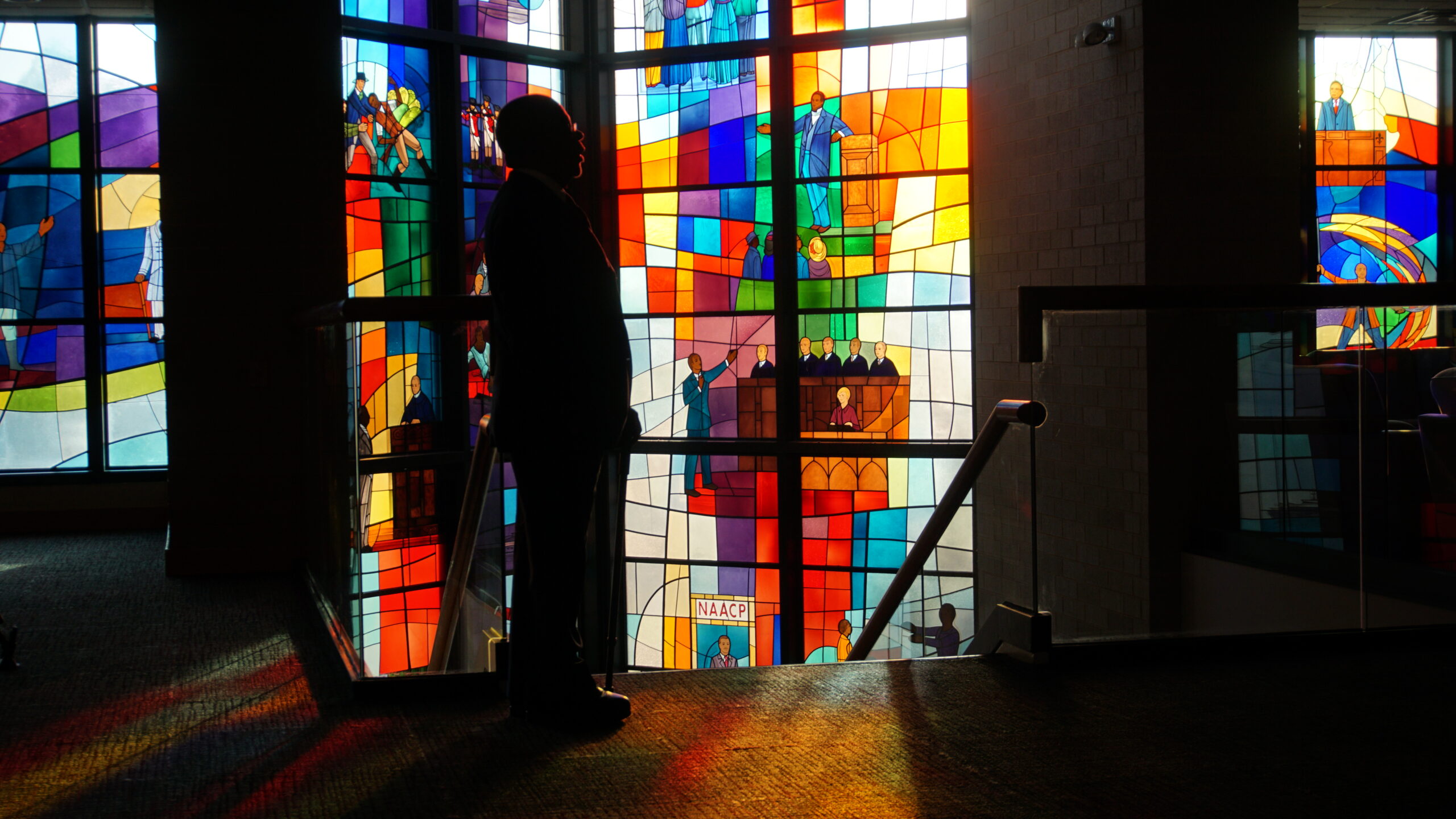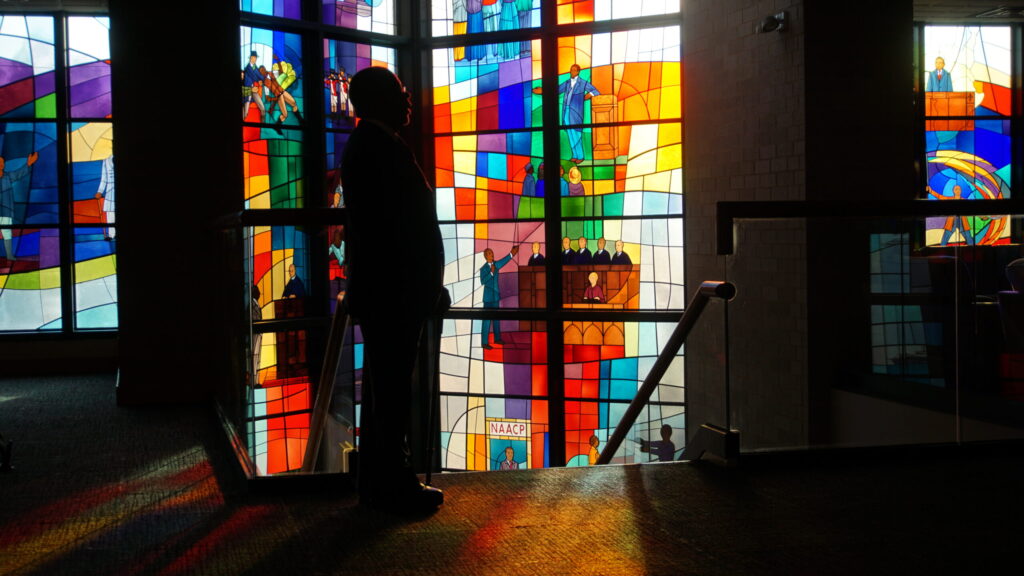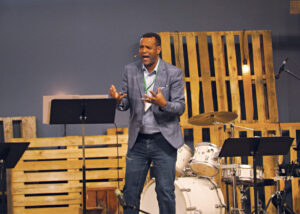Strong, hopeful and resilient. Are those words that describe you today, after a year of pandemic restrictions, with all the predictions of doom in regards to climate change, and ongoing evidence of systemic and individual racism directed against people of many colours in Canada? Are these words that you use to describe church in light of the pandemic, climate change and racism?
My husband Keith Regehr and I have been watching a PBS documentary called The Black Church. We were unable to stream it across the border when it was first shown, and now we are watching it via our local library. Host Henry Louis Gates Jr. repeats the idea many times that it is the Black church that provided strength, courage, hope and resilience to the entire Black community over many generations of oppression in the U.S. The community. The preaching. The music. Civil rights would not have been possible without the church. The documentary is an astounding witness to the power of the gospel through the church, from the years of enslavement through the Civil War to today.
Is that how you think about the church? That we would be unable to individually face the struggles in our individual lives, or that together we could not influence wider society except through the church?
The Black church was a minority movement. Historically its members did not hold political power. It was, and is, divided by economic class, the rural/urban divide and other cultural divisions that impact all churches. And yet it provided the strength, hope and resilience for Black church members to bring social change to the world around them.
As we move into a post-Christendom world in Canada (and in the U.S.), we move into a pluralistic world where Christians do not hold majority power in politics or in other ways. Some are mourning those losses. The white church is also a minority voice in our society.
But the lesson I take from the Black church is that not having political power does not lessen the church’s role in society or its influence on its members.
Over this past year I have been astonished at how many weeks Keith and I came to Zoom worship with our congregation feeling discouraged and lonely. And every week our spirits are lifted, even without singing together. Gathering for worship, or with our small group, gives us courage that God is present to us in ways that are not possible by ourselves. We have a community to which we belong, and encountering God together as a community of disciples of Jesus gives us strength. I hope this is also your experience.
I am wary of triumphant claims of God’s complete victory over sin, claims that don’t seem to consider the destruction of this earth by humankind or the oppression of one people group by another. I want to enter into worship acknowledging these concerns, my fears and suffering. I also want to enter into worship knowing I will be strengthened by the resilience and hope of our faith community. Like the truths that Black church leaders share in this documentary, I am reminded again that it is the church, the community of God’s people together, that gives us the strength, hope and resilience to face the individual struggles in our own lives, as well as the systemic struggles in our world.
“Though all hell assail me, I shall not be moved / Jesus will not fail me, I shall not be moved. / Just like a tree that’s planted by the waters / I shall not be moved.” (Spirituals Triumphant Old and New, Edward Boatner, 1927.)
Arli Klassen is a member of First Mennonite Church, Kitchener, Ont., and can be reached at klassenarli@gmail.com.
Read more The Church Here and There columns:
Accountability
Vaccine inequities
Connections
Year of wonders
Going to church









Leave a Reply
You must be logged in to post a comment.